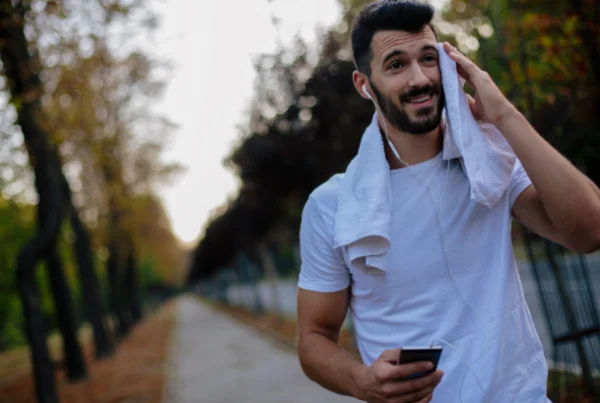Today’s topic is Managing Interpersonal Relationships! On Sundays, we strive to provide information that you can use to better relationships with your friends, family, and significant others alike!
Today’s subject is social media: a bridge or a barrier to connection. Picture this, you just got home – a long day’s work has you mentally drained – and you’re looking for a mindless way to spend your evening.
What comes to mind, or rather, to hand? Odds are it’s your phone; as scrolling through social media has become the world’s favorite pastime. Research on social media over the last decade has prompted widespread concern and unspecified guidance toward limiting its use.
These perspectives, however, lack context in their evaluation, as new evidence has surfaced in support of social media as a means for growing social capital. Furthermore, the digital formation/maintenance of social relationships, both personal and professional, has the potential to improve psychological well-being!
Existing research on social media
Existing research on social media suggests that it distracts users from real-world relationships and social interaction. Massachusetts Institute of Technology professor Sherry Turkle, an expert in the complex psychological dynamic of psychology and technology, has expressed caution about the overuse of social networking.
She notes that digital communication offers an escape from difficult conversations, threatens empathetic ability, and disrupts interpersonal connection. This concurs with the widespread notion that screen time exacerbates feelings of loneliness, anxiety, disconnectedness, and even depression.
Excessive use has also been linked to addiction, as the fear of missing out directs attention inward (towards technology) rather than away from it. This process, known as “phubbing”, has been deemed a significant predictor of psychological well-being, often worsening the quality of face-to-face interactions.
These factors, though relevant, have been outweighed by the prevailing benefit of social media as a form of communication. In their evaluation of students, randomly surveyed across universities in Mexico during the COVID-19 pandemic, Ostic et al details the benefit of social media (as a form of communication) as having been more than previously believed.
Students reported that social media use was a significant influencing factor in their building social capital; this means that that virtual-networking, and its ability to encourage self-disclosure, improved the establishment/maintenance of relationships with family members, friends, and acquaintances alike. Similarly, they suggest that social media platforms have emerged as an avenue for emotional support, thus promoting belongingness. The ease through which people can mobilize using social media provides legitimate support networks for those otherwise neglected by the real-world equivalent.
Through digital engagement, parents may find openings to talk about their kids’ interests, friendships, and anxieties; romantic partners can creatively use it to bridge conflict and physical distance, and professionals can use it to create a community of individuals united by a common initiative.
Advantages and Disadvantages
As exemplified by the abovementioned research, social media has the potential to be simultaneously helpful and harmful. However, prioritizing “real-world” (face-to-face) interaction deviates from the intended use of technology itself: to connect people. In this day and age, everyone is “wired” to social media in some capacity.
Whether your presence is required (e.g., promoting your place of work), or not, you are likely familiar with the larger societal implications of social networking and the digital sphere. Companies are beginning to go remote, and networks beginning to go global, thus limiting interactions to social media and associated platforms. For many, the distinction between “real-world” interaction and digital interaction is no more, as their “real-world” lives digitally.
So, when asked the question – is social media a bridge or barrier to connection – the answer is: it depends. We must first acknowledge that the way we communicate has and will continue to evolve. Using social media as a means through which to connect, share, collaborate and even seek support is the way of the future, and will require adaptation from those who have yet to do so; only then can we actualize its benefits to the fullest extent. For now, however, intent-of-use will dictate the answer to your question. So, let us know, do you believe that social media is a bridge or a barrier to connection? Until next time…
Author: Ryan Alvarez
References
- Morris, M. E. (2020, June). Enhancing relationships through technology: Directions in parenting, caregiving, Romantic Partnerships, and clinical practice. Dialogues in clinical neuroscience. Retrieved December 11, 2022, from https://www.ncbi.nlm.nih.gov/pmc/articles/PMC7366940/
- Ostic, D., Qalati, S. A., Barbosa, B., Shah, S. M. M., Galvan Vela, E., Herzallah, A. M., & Liu, F. (2021, May 25). Effects of social media use on psychological well-being: A mediated model. Frontiers. Retrieved December 11, 2022, from https://www.frontiersin.org/articles/10.3389/fpsyg.2021.678766/full#B58
- Turkle S. New York, NY: Basic Books; 2011. Alone Together: Why We Expect More from Technology and Less from Each Other [Google Scholar]






